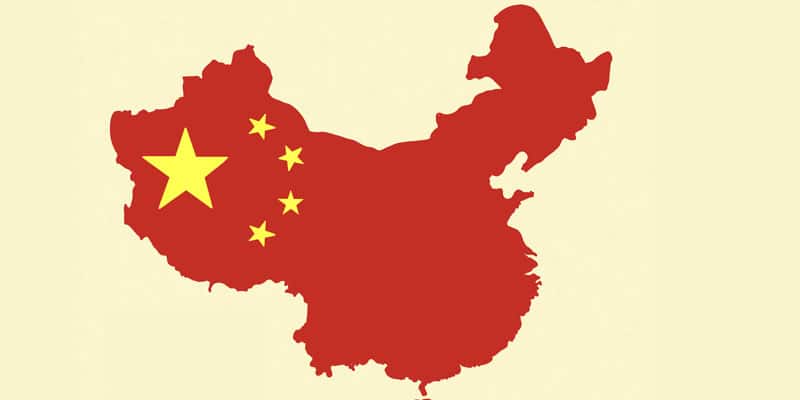Privacy Canada is community-supported. We may earn a commission when make a purchase through one of our links. Learn more.
China Possibly Exporting Surveillance Infrastructure

China has been in the news a lot recently, from the possibility of the CoronaVirus source to its slow creep into Hong Kong. This time they are in the news for something that they’ve gotten heat for before in the past; surveillance
Most recently it’s been Tik Tok, with accusations being levied against the app’s creator for being in league of the Chinese ruling party, or as a tool of their intelligence apparatus.
In fact, the recent attempt by President Trump to ban Tik Tok was a direct response to the potential for the information gather by Tik Tok to be handed to China. Canadian feelings on a Tik Tok ban were mixed, with only 45% of 500 Canadians polled about this supporting the ban.
Recently, a report by Sky News Australia reported on China and their surveillance of two ethnic minority groups; The Tujia and Miao. What’s more troubling is that China exports its surveillance technology to over 60 countries across South America, Asia, and Africa. This is especially troubling due to the nature of some of these countries being authoritarian and leading to more human rights violations.
Even more worrying is the social control techniques that China uses, such as their social credit system, which tracks its citizens using facial-recognition territory. The unsettling nature of this system is that Social Credit applies to Chinese citizens in Canada, according to a recent data report. Not only is this a breach of Canada’s sovereignty, it sets the stage for even more troubling times ahead of us.
Thankfully, we haven’t seen the full, multi-layered system of surveillance rolled out outside of China.
Surveillance Push Back
Some other good news is that countries in Asia have begun pushing back and criticizing China’s expansion and export of their digital surveillance technologies. In a sense, it seems that importing these types of surveillance systems tends to erode public trust in the government.
As such, a government that does wish to bring digital surveillance from China needs to balance its data-gather goals, with their citizen’s trust, something which isn’t always easy to do.
Interestingly enough, it seems that the recent pandemic, and ensuing lockdowns, have alarmed many people, as they’ve become cognizant of their rights and how much they being surveilled. For example, Zoom’s recent exposure to security risks has brought it into question when it comes to Zoom and Canada’s privacy Laws. In fact, Former Ontario privacy commissioner Ann Cavoukian is pleased with how the government has been responding to Zoom.
More importantly, though, this brings up the issue of technology vs security, and how privacy laws are applied. In truth, Google and Samsung both digital gathering technologies that are similar to Tik Tok, for example, so why does the latter take all the heat? Well, primarily the problem lies in where these countries operate and what laws they fall under.
Privacy & Rights
In the case of Google and Samsung, both of them operate in countries with strong privacy laws that have clear expectations for how user data will be handled. Furthermore, these companies do not have any compunction to specifically hand any and all data over to their respective governments. This isn’t necessarily the case with Tik Tok and China, which has terrible human rights and privacy records and could very well use people’s information without their consent.
This brings up the question of how exported surveillance technologies clash with laws, such as the EU GDPR in Europe or PIPEDA in Canada. How these laws and regulations are applied to specific cases of apps, such as Tik Tok, will certainly shape the spread and influence of China’s security apparatus. For example, the expectation and right for users to know what data companies have on them, and how that data will be used.
More worryingly, how will China itself be applying laws and treating things like VPNs? In fact, one of the few VPNs that still even function properly within China is ExpressVPN. Similarly, will other countries follow suit in banning or censoring VPNs, or will people have to start using Secure emails, private search engines, and secure browsers?
Ironically, the trust placed in companies like Google and Samsung may very well be one of the things holding back stricter privacy laws. When large tech companies lobby regulators to ease restrictions with the argument of proper functioning, it can certainly lead to grey areas and authoritarian ‘technostates’.
Ultimately, the most worrying thing is China’s access to the data of companies like Tik Tok and Huawei, and how much these companies have proliferated their products and services across the world. It remains to be seen how regulators will respond, and what the political fallout will be when it comes to protecting people’s rights. Until then, just be careful with your personal information and data.





